'The Other Black Girl' Gets Real About Racism in the Workplace
"It really hits home how many spaces don’t allow Black women to really show up as their authentic selves."
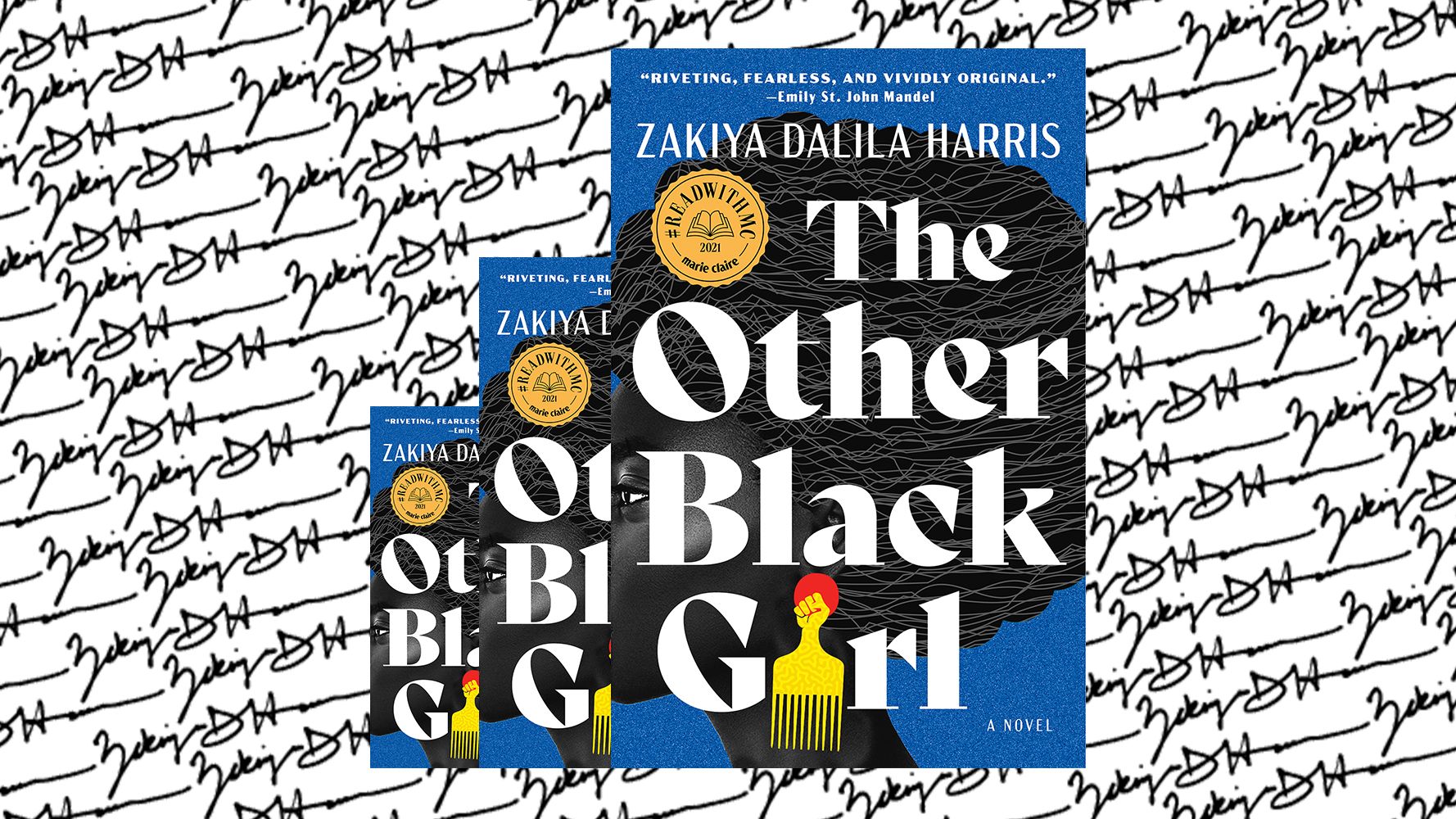

Perhaps the most telling sign of a great book is how many people have an opinion about it—and a variety of them at that. The #ReadWithMC community had a lot of thoughts about Zakiya Dalila Harris's debut novel, The Other Black Girl, which will soon be adapted into a Hulu series.
The book centers on 26-year-old Nella Rogers, an editorial assistant at the fictional publishing house Wagner Books, who's relieved when another Black woman, Hazel, finally starts working at the otherwise all-white company. That is, until Nella starts to receive threatening notes to leave Wagner and she realizes Hazel may not be who she seems. The book is set in the publishing industry, but it holds up a mirror to all of corporate America, displaying the microaggressions and class hierarchies embedded throughout.
As we rounded up the reviews this month, Marie Claire learned a lot of people felt seen while reading The Other Black Girl; others couldn't shake the difference between how the book was marketed vs. how the storyline played out. Still, that didn't hinder the amount of praise Harris received for her ability to create an original and deeply relatable novel. "Unfortunately, I could relate to the isolation, racial microaggressions, and frustration of being the only Black girl in an organization," says one reviewer. "It’s hard to believe it’s a debut."
Find out exactly what readers loved and didn't love about Marie Claire's June book club pick, below.
"'She’d committed one of the real ultimate sins by trying to be herself: Black. Unapologetic. Someone who told it like it was. Someone who rejected what was expected of her as a Black woman in a predominantly white industry.'
Nella Rogers is an assistant to an editor at the legendary Wagner Books. She’s driven and determined to make her mark in the publishing industry and tries not to let the microaggressions and outright racism of her colleagues at times weigh her down.
When Hazel McCall joins the team, Nella is thrilled and eager for the friendship and comradery that will surely come with having 'the other Black girl' on staff.
Stay In The Know
Get exclusive access to fashion and beauty trends, hot-off-the-press celebrity news, and more.
However, it soon becomes clear that Hazel is not focused on new friendships. Instead, she strives for dominance in the workplace and seems to be edging Nella out and alienating her from her boss and her colleagues.
As Nella struggles to find her footing and retain her position, it becomes more increasingly, alarmingly clear that something far more sinister, something that Nella can scarcely imagine is going on. Her job is threatened but the very essence of Nella is also at stake.
The Other Black Girl is both a sharp social commentary and a thriller. This entirely unique genre-bender keeps the reader on its toes as you struggle to comprehend, along with Nella, the horrors that slowly begin to unfold. It’s smart, bold, and twisty...the final twist made me audibly gasp. It’s bold, innovative storytelling from a rising new talent whose career I will watch with eager anticipation." —@suzylew_bookreview
A post shared by Suzy Lew (@suzylew_bookreview)
A photo posted by on
"This is a satire and a mystery thriller. It started as a slow burn as Nella’s life as the only Black person at Wagner Books was described. I did love that the story took place in The Publishing Industry.
Once the 'Other Black Girl' Hazel is hired it appears she will have an ally. She even has someone to talk natural hair care with. Then the unexpected happens as Hazel becomes elevated in the company and Nella is being pushed out...but by who?!! Could it be?!!
I couldn’t turn the pages fast enough in the second half of the book. It’s was funny, mysterious, and there was serious social commentary. Unfortunately I could relate to the isolation, racial microaggressions, and frustration of being the only Black girl in an organization. It’s hard to believe it’s a debut. Looking forward to more from @zakiyadalilaharris!" —@booksnbikram
A post shared by Tonja Wheatley (@booksnbikram)
A photo posted by on
"In the cutthroat world of New York publishing, Nella is an editorial assistant sick of being the only Black girl in the office. Microaggressions and glass ceilings make her feel like she can not speak up. Finally, another Black girl joins the workplace and maybe things will change...except Nella discovers an anonymous note telling her to 'LEAVE NOW.'
I’ve read comparisons to The Devil Wears Prada, but this is really misleading. This book is a chilling tale of workplace bullying, isolation, and paranoia. It is well-observed and funny. Most impressively it changes genre as the narrative progresses. Starting as a contemporary drama it evolves into a mystery/thriller and then something else (I don’t want to give any more away 😉...). Really intriguing and very original, with some interesting twists that make you question the price of progress and cost of sacrifice in order to get ahead." —@this_kat_reads
A post shared by Kat (@this_kat_reads)
A photo posted by on
"Finished The Other Black Girl this week and I thought it was gooooood. Like, have to have in multiple formats because I don’t want to put it down good.
Nella Rogers is an editorial assistant and the only Black employee at Wagner Books. She’s fed up with the isolation and microaggressions in her day-to-day life, so she’s thrilled when Harlem-born and cool-as-can-be Hazel starts working in the cubicle next to her. They just start to get close to each other when a string of uncomfortable events allows Hazel to quickly rise through the ranks. Nella gets left behind, despite having more tenure. When she starts to get notes on her desk that say 'LEAVE WAGNER. NOW...' she starts to really consider her role. And things begin to spiral from there.
This is not a thriller, but I was just as captivated. I knew what was happening pretty early on, but there were some details that I definitely didn’t guess. I absolutely love books that cover workplace politics and drama, and this was spot on. From being able to tell who’s walking by from their footsteps to the impromptu conversations some people thrive on, I was taken right back into the office. It’s a little horror, a little literary fiction, and really interesting. I had to go back to the print copy a few times to figure out some plot points I missed, but all in all this is a great debut." —@tbretc
A post shared by Tina | TBR, etc. (@tbretc)
A photo posted by on
"This is a novel that subverts genres and subverts a rating from me. I’m torn. I love the meta-sardonicism of a publisher budgeting for a marketing spree on a book that calls out racism in the publishing industry. But certain qualities of the novel left me wondering if this over-marketing is simply a move to innocence.
TOBG explores the dynamics between Nella, a talented young Black woman vying for a promotion to editor, and Hazel-May, a newcomer. Having another Black girl around doesn’t mean an instant ally. There is something sinister about the way Hazel is ousting Nella while also using their shared Blackness to sow familiarity. And history repeats itself...
I have a few qualms that fettered my experience with the novel. One, the mis-execution of satire to call out racism in publishing. Without nuance, the novel could too easily be read as an exaggeration of reality, which reduces the urgency of issues it calls out. Also, way too many plot lines were introduced and unfinished. I was puzzled in a bad way.
Also...you have to stop calling everything under the umbrella of race horror Get Out. The genius of Get Out is that there is no good white person in the entire film. You wait for that moment even after you have been in the sunken place. TOBG is precisely opposite of Get Out—it is about a scary rupture in race solidarity. 'Other Black girls' are the ones that are in cahoots with white people. They play into respectability politics and code switch fluently. While it is clever and important to talk about the fact that token diversity representation breeds unnecessary competition among people of color since there can only be one winner, this is not at all what Peele’s brand of horror is about.
As much as the premise was promising, I found the novel underbaked and overall a missed opportunity." —@booksnailmail
A post shared by SP 🇮🇳 - bookstagram (@booksnailmail)
A photo posted by on
"The premise of this book was quite promising: 26 years old Nella is an editorial assistant tired of being the only Black employee at Wagner Books. Her daily routine consists of brushing off microaggressions and surviving the racial frigid climate of a predominantly white office. Just when she resolves to sweeping her uneasiness under the rug, another Black girl Hazel joins the company.
Initially the women bond over their shared Black experience. And Nella explains to Hazel how to navigate the office culture. But the tide turns when Hazel becomes the office favorite and Nella starts receiving threatening notes urging her to leave Wagner immediately.
The Other Black Girl is a slow burner that is built around office politics, microaggressions in the workplace, and code-switching. It highlights how in white spaces, Black women do not show up as their authentic selves. And how much they have to dilute themselves in order to be successful.
I really wanted this book to live up to the hype but it wasn't at all what I expected it to be. There were a lot of plot holes, one-dimensional characters, and many characters were introduced and didn't contribute at all to the plot. Plus, it's a 352-page book whose plot starts to kick off at the last 32 pages." —@lifeaholocislander
A post shared by Deborah (She/Her) (@lifeaholocislander)
A photo posted by on
"The other day, @kirkus_reviews gave #TheOtherBlackGirl a STARRED REVIEW! And honestly, it deserves. I could go on and on and on about this book because as a Black woman, I’ve been where Nella (the main character) has been.
But this post is about the marketers. It is not fair to market this book as Devil Wears Prada meets Get Out because it’s legitimately neither. And it sets people up who read it expecting that for failure.
I understand the concept of needing something to compare things to so you can orient a reader; however, Black stories are their own thing. The negative reviews I’ve seen of this book (most by white women, some by Black women) are [that it's a] let down because it wasn’t the drama-filled, fast-paced story like the book referenced. And, to me, that’s the beauty of this book. It captures the slow burn and nuance of what it’s like to be a Black woman in a white space when another Black woman enters. It’s what happens when Black women slowly learn what it means that 'all skin folk aint kinfolk.' Those lessons aren’t quick. They’re slow and painful and turn you inside out. They create imposter syndrome. They force you to act outside yourself to keep your job.
Basically, this book is good and relatable. And we need to find a way to stop comparing Black stories to white stories that have nothing to do with the shit we experience.
Kudos to the author for committing to a book that SHE wanted to write." —@smileitsjoy
A post shared by joy melody| Reader.Advocate. (@smileitsjoy)
A photo posted by on
"'The first sign was the smell of cocoa butter.'
This twisty psychological thriller delivered all of my expectations. I read it in two days because I couldn’t put it down.
Nella is 26. She is the only Black employee at Wagner Books and she’s rightfully tired of it. One day, this all changes when Hazel walks in. Nella is thrilled to have a Black colleague and hopes that together they will be able to bring awareness to the discrimination and stereotyping occurring at Wagner. But as the days pass, Hazel settles in and quickly becomes everyone’s favorite. She is being offered opportunities that Nella has never been considered for even though she’s worked at Wagner for over two years. And then, the letters begin to appear—'LEAVE WAGNER. NOW.'
Harris’s debut novel is unique and creative, it defies being categorized into just one genre. It is a slow burn, but the pay off is well worth it. And the ending...I’m still thinking about the ending. 🤯" —@calicoedit
A post shared by Ally | Fiction Editor (@calicoedit)
A photo posted by on
"Head officially still spinning from the summer blockbuster that is The Other Black Girl! In this suspenseful, thought-provoking novel, Nella is a young editorial assistant at a big New York publishing house, eager to make her mark but ever conscious of her status as the lone Black girl at work. Enter new employee Hazel, who is Black, self-possessed and savvy in a way Nella has always aspired to be. But when Nella begins receiving threatening notes at work, and cracks appear in what she’d hoped would be an idyllic work-wife friendship, Nella begins to suspect a more sinister force is trying to derail her career—and unravel her life in ways she could never have imagined.
This novel is full of well-crafted surprises and sucker-punch moments, with pacing that accelerates like a contemporary fiction freight train. A heady brew of satire meets thriller, the story escalates from microaggressions to unexpected plot twists that will keep readers guessing until the end. The Other Black Girl offers a clever and original examination of race, class, ambition, and the complicated perceptions of 'responsible Blackness.'
Inspired by Nella and her frenemy Hazel, I made this HAZELnut N(ut)ELLA bundt cake—surprisingly intense and not as sweet as it appears, I think it would do these characters proud. Having two bundt cakes in the house can be dangerous, but not as dangerous as...I’ll end this review there to avoid any spoilers!" —@bookcooklook
A post shared by holly b | bookcooklook (@bookcooklook)
A photo posted by on
"I’m going to try my best to review without spoiling anything here, so I’ll avoid discussing the actual plot. What started out as a slow-burn psychological thriller, morphed into a Jordan Peele-esque social thriller, and I am here for it.
There’s a lot to unpack in this book. The author, Zakiya Dalila Harris, does a fantastic job of creating a narrative that tackles some serious shit that is NOT talked about enough: microaggressions, racial alienation, racism, white-washing, and tokenism, just to name a few. It’s a commentary on race-relations, and challenges what it means to lobby for and ensure diversity in the workplace, all while keeping you guessing at what will happen next.
The timeline, which alternated from past to present, existed to provide context, but I personally felt at times it stalled the amp-up of suspense. And while I did find it was a bit too slow-paced at times, I think that was in an effort to not draw away from the truths that the author was writing about.
So much of this book isn’t fiction; being a cis-white female afforded white-privilege, I don’t presume to assume I even remotely know what it is like to live in the everyday reality of a person of color, but I believe this mirrors the unacceptable reality that people of color face every day in and out of the workplace. It’s an interesting and important read that will leave you thinking long after it’s done." —@lattesandpaperbacks
A post shared by 𝐄𝐦 & 𝐓𝐞𝐬𝐬 (@lattesandpaperbacks)
A photo posted by on
"Admittedly, this was a #bookstagrammademedoit read. I saw all of your beautiful posts and I copped it as soon as it came out without even reading the synopsis. Things didn’t really start making sense to me until about halfway through the book and there were a couple of times when I had to go back and reread to check dates and remind myself of who they were talking about. (I’m notorious for this lol.)
Once I actually finished reading the book, I felt so unsettled. It definitely wasn’t what I was expecting and it took me a minute to figure out how I really felt. I don’t want to give too much away, but I think it spoke to me so much because it really hits home how many spaces don’t allow Black women to really show up as their authentic selves. How much we have to dilute ourselves to 'play the game' in order to be successful.
All in all, I would say that you should check this one out if you’re looking for a new thriller to read. It will leave you feeling some type of way, which is something that I like in thrillers that I read." —@turnpageswithmimi
A post shared by Mimi N. (@turnpageswithmimi)
A photo posted by on
"I definitely had really high expectations for this book and my feelings about it went on a bit of a rollercoaster ride as I was reading it. When I first started, it made me feel so nostalgic about my time working in publishing. I was reminiscing about the people I worked with and the office politics. At one point, Nella describes the drama about a junior staffer getting their own office (rather than an open cubicle) and I laughed to myself because I definitely remember discussions like that happening back in the day.
I thought there was so much good dialogue in this book, specifically the way that Harris wrote some of the conversations between Nella and her supposedly liberal white colleagues. Conversations where they can’t stop dropping the word 'diversity' to the point where it loses all meaning. A moment where a white coworker mixes her up with the other Black girl. I think Harris really captured these interactions and they had me nodding my head in recognition. The microaggressions are constant and exhausting and we can see the toll it takes on Nella.
Then after a bit, the book took a turn that I wasn’t really expecting. We got introduced to some new characters, and I was kind of confused and unsure where the story was going. And I realized I wasn’t feeling the thriller aspect of the story. I wanted more tension, or maybe I wanted more overt tension.
I had many more thoughts that I couldn't fit here, so check out my full review on the blog (link in bio). But overall, I thought it was a strong, but not perfect, debut and I’m looking forward to seeing what she writes next." —@scsreads
A post shared by Nnenna (@scsreads)
A photo posted by on
Missed out on our June book club pick? In July, we're reading Skye Falling by Mia McKenzie. Read an excerpt from the book here.
RELATED STORIES
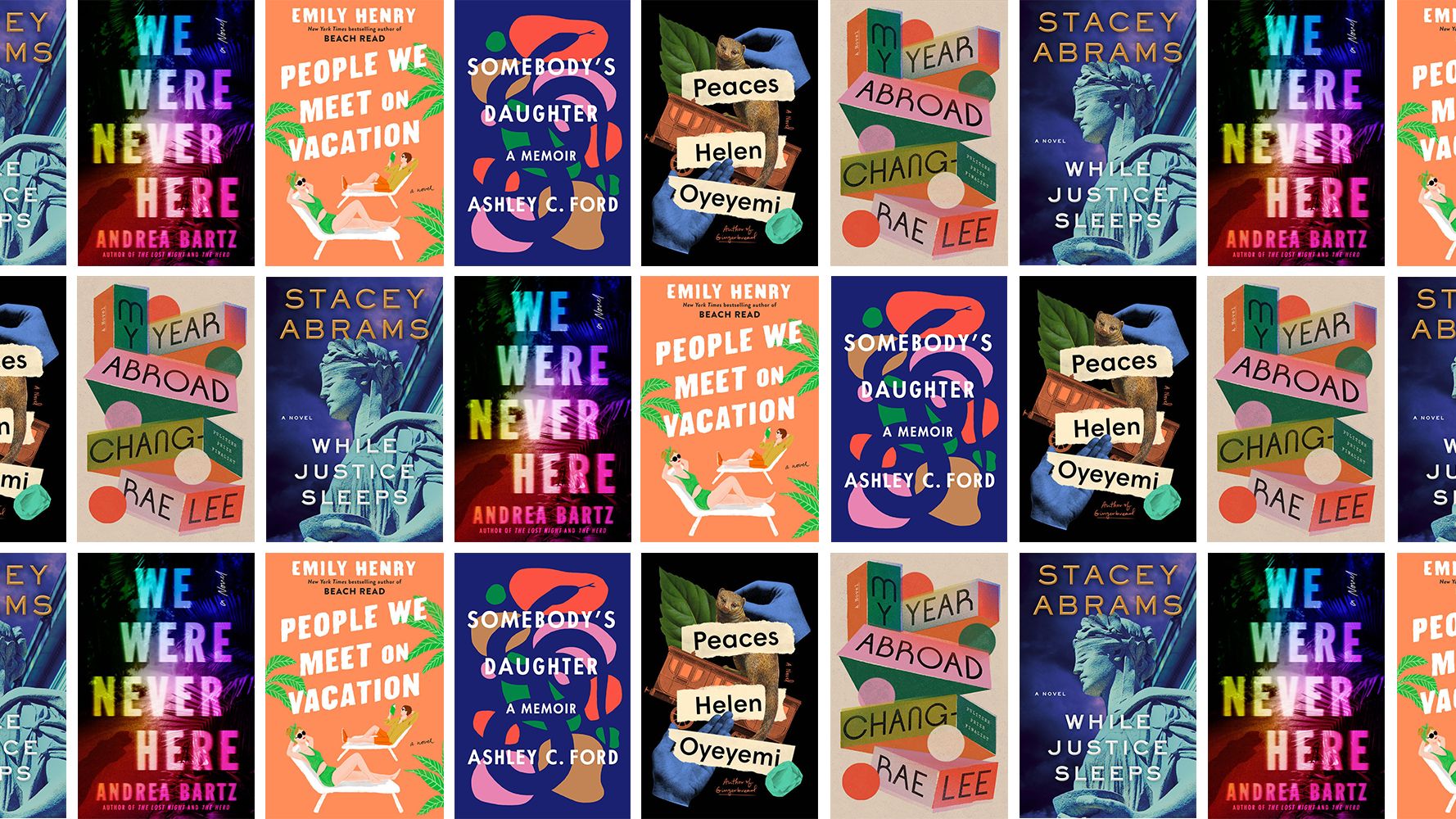
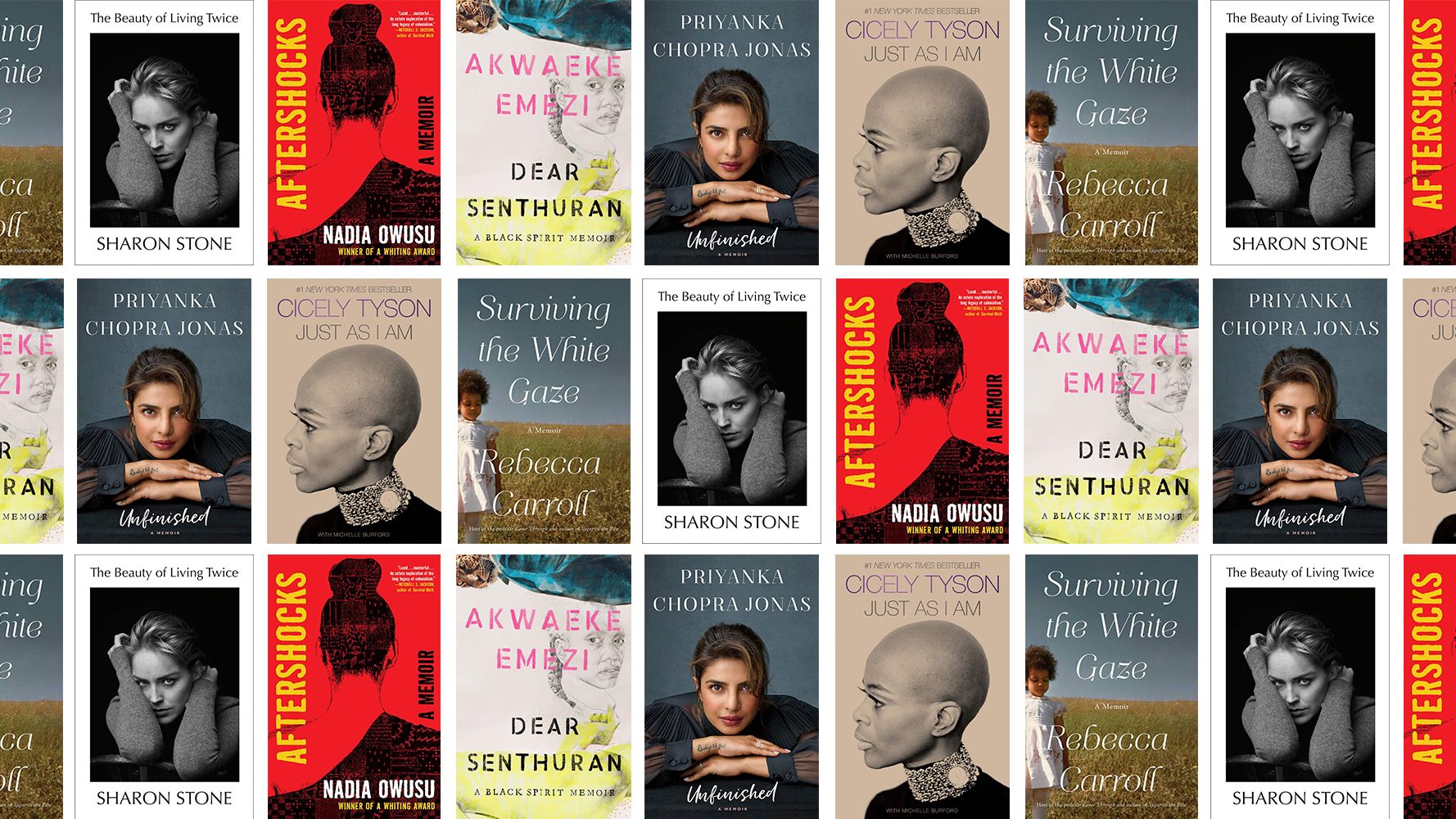
Rachel Epstein is a writer, editor, and content strategist based in New York City. Most recently, she was the Managing Editor at Coveteur, where she oversaw the site’s day-to-day editorial operations. Previously, she was an editor at Marie Claire, where she wrote and edited culture, politics, and lifestyle stories ranging from op-eds to profiles to ambitious packages. She also launched and managed the site’s virtual book club, #ReadWithMC. Offline, she’s likely watching a Heat game or finding a new coffee shop.
-
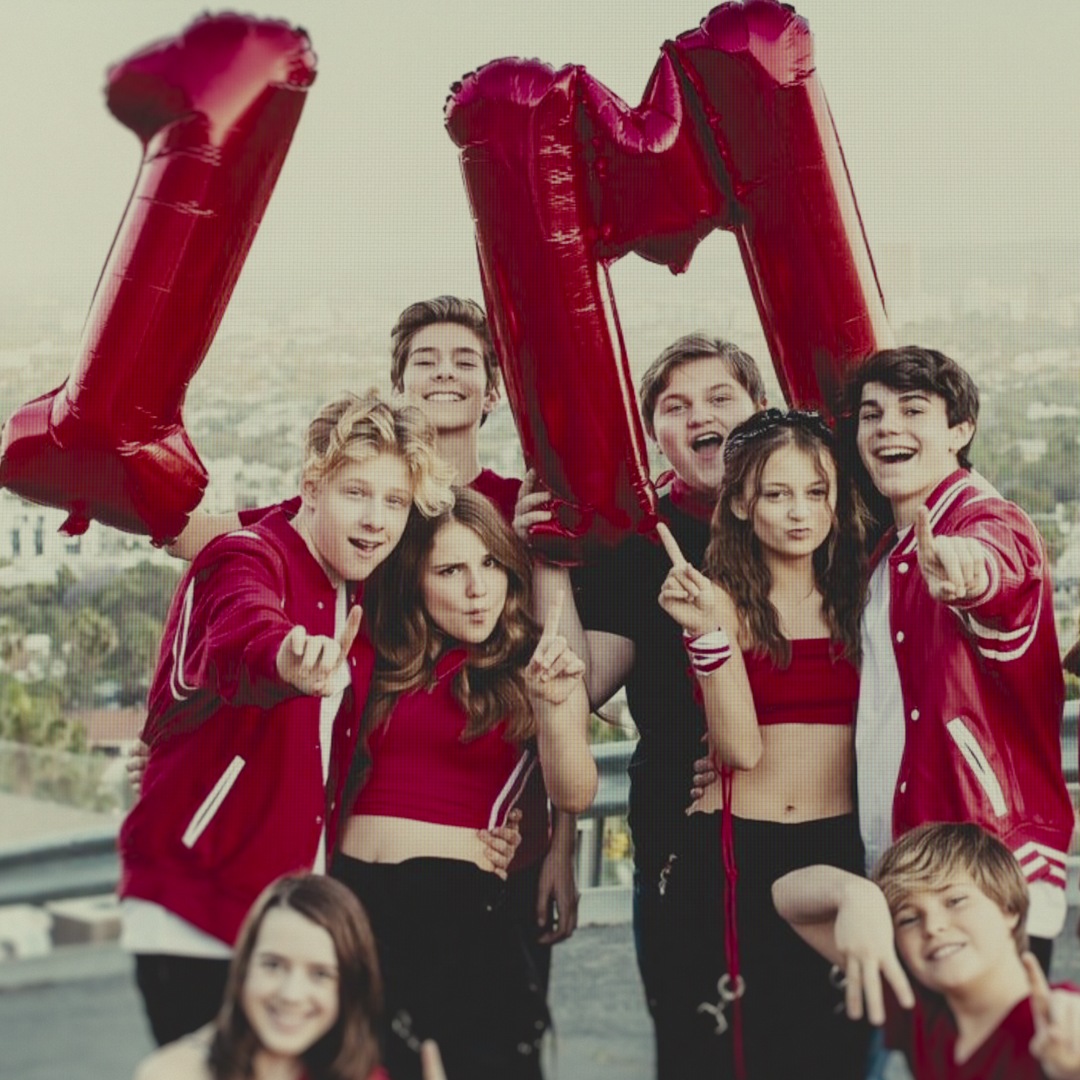 'Bad Influence' Charts the Demise of a Popular Social Media Squad—Here's Where the Kidfluencers Are Now
'Bad Influence' Charts the Demise of a Popular Social Media Squad—Here's Where the Kidfluencers Are NowThe names in the Netflix docuseries have fallen out of touch with subject Piper Rockelle.
By Quinci LeGardye Published
-
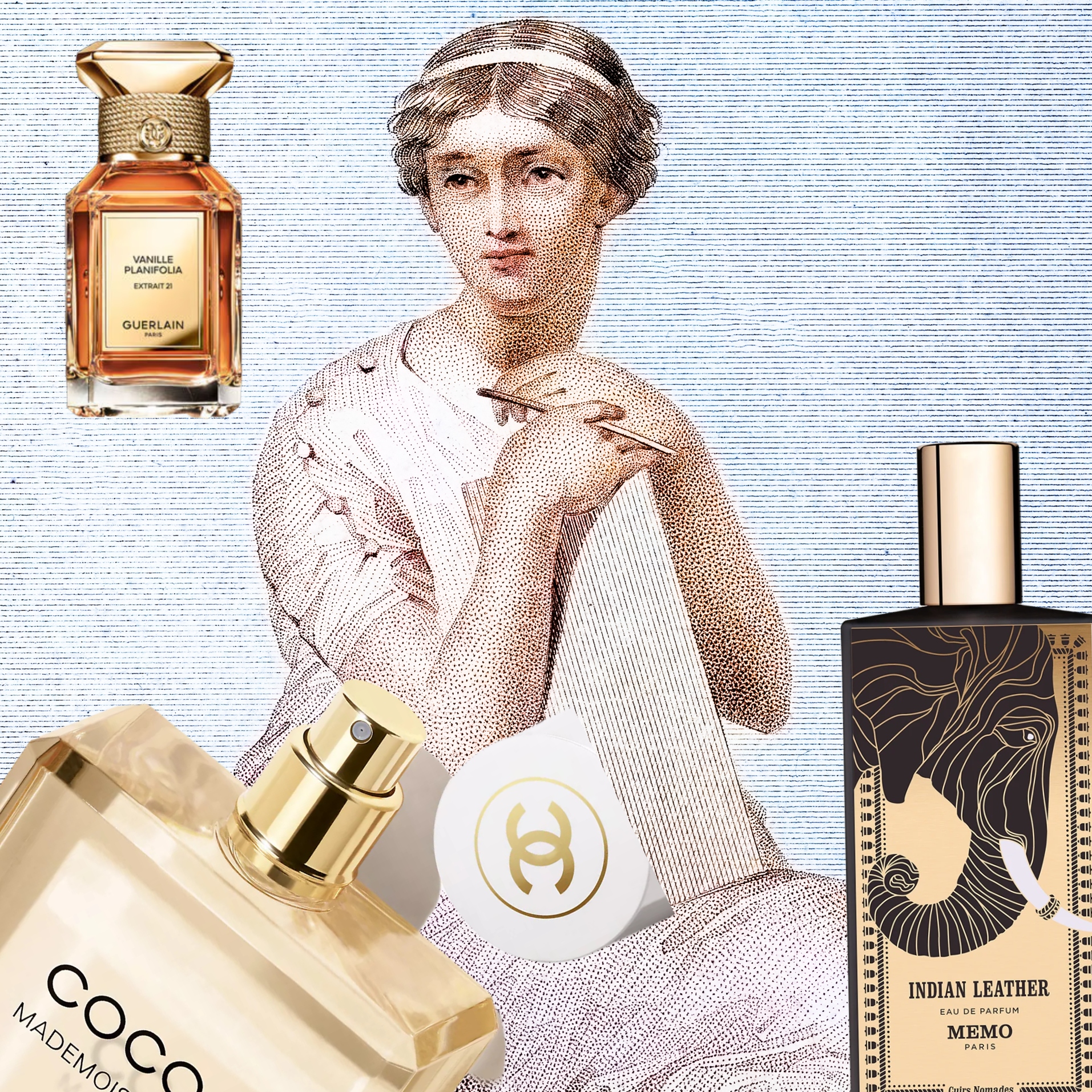 What's Your Olfactory Personality?
What's Your Olfactory Personality?Curating your scent style infuses individualism into a perfume wardrobe.
By Samantha Holender Published
-
 The Future Queen of Norway Trades Camo Fatigues For a 125-Year-Old Tiara and Her Mom's Old Evening Gown
The Future Queen of Norway Trades Camo Fatigues For a 125-Year-Old Tiara and Her Mom's Old Evening GownSomething old, something new, something borrowed, something blue.
By Kristin Contino Published
-
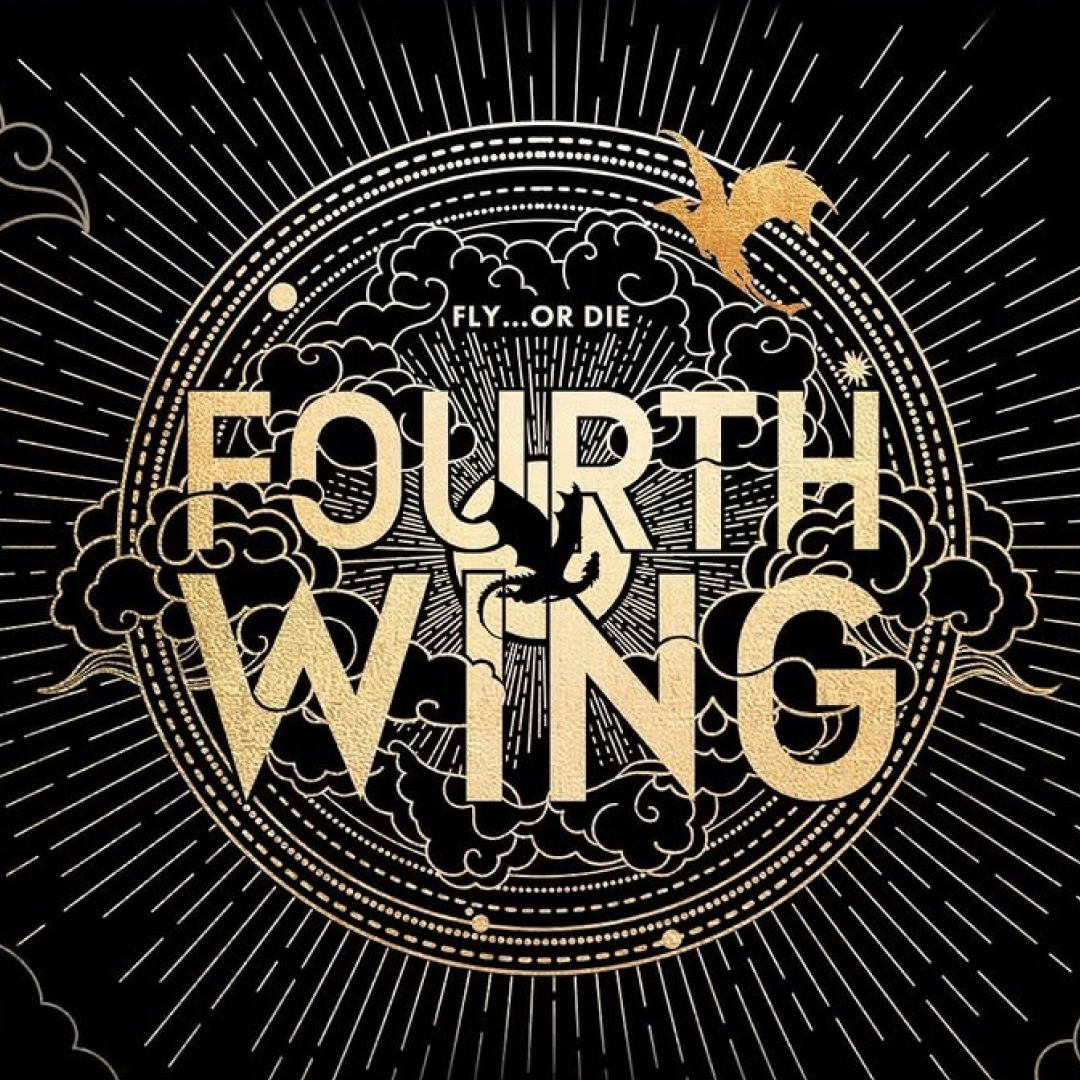 The 'Fourth Wing' TV Show: Everything We Know About the Series Adaptation
The 'Fourth Wing' TV Show: Everything We Know About the Series AdaptationRebecca Yarros's bestselling romantasy series is getting the Prime Video series treatment.
By Quinci LeGardye Last updated
-
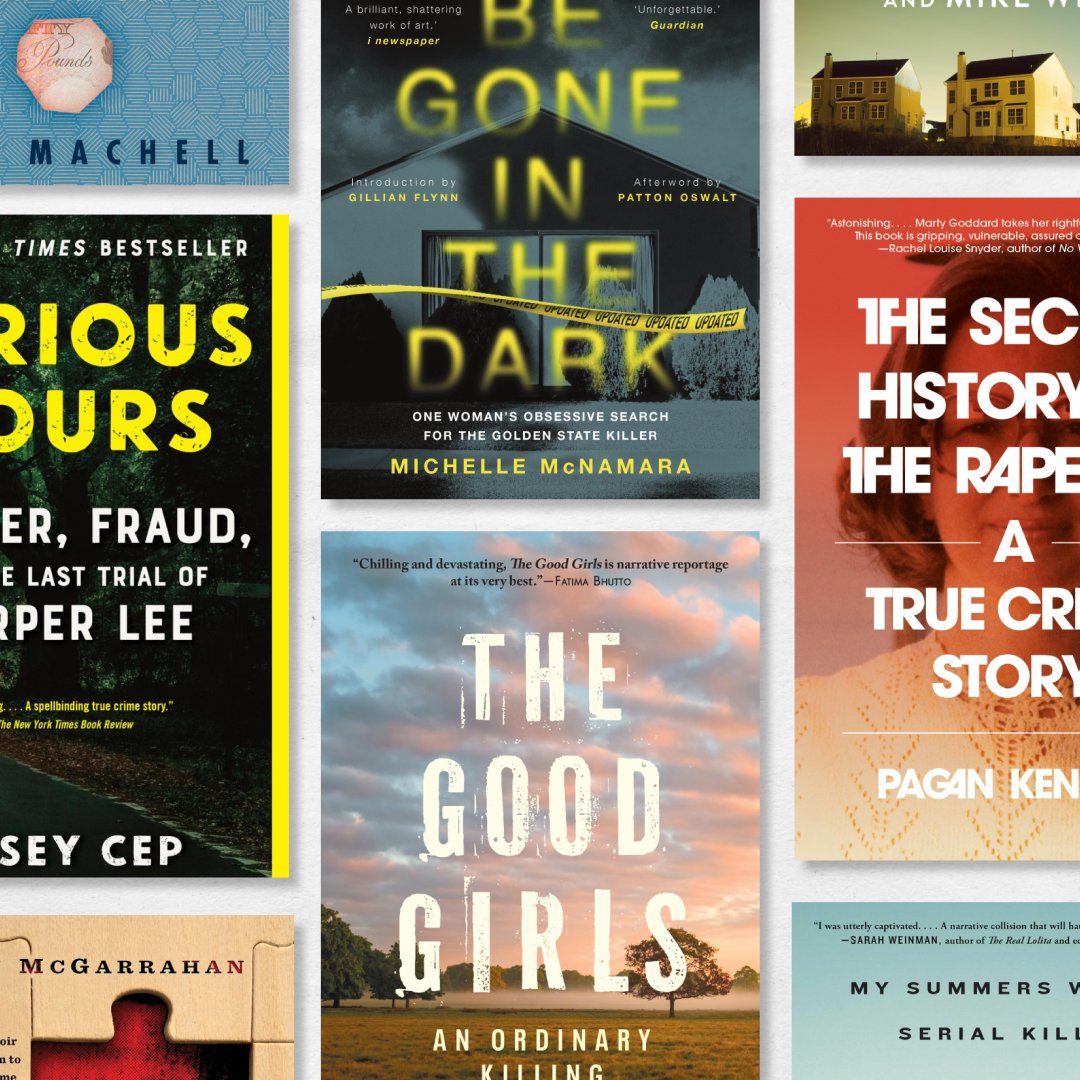 The 20 Best True Crime Books to Read in 2025
The 20 Best True Crime Books to Read in 2025These nonfiction titles and memoirs about serial killers and scammers are the definition of page-turners.
By Andrea Park Published
-
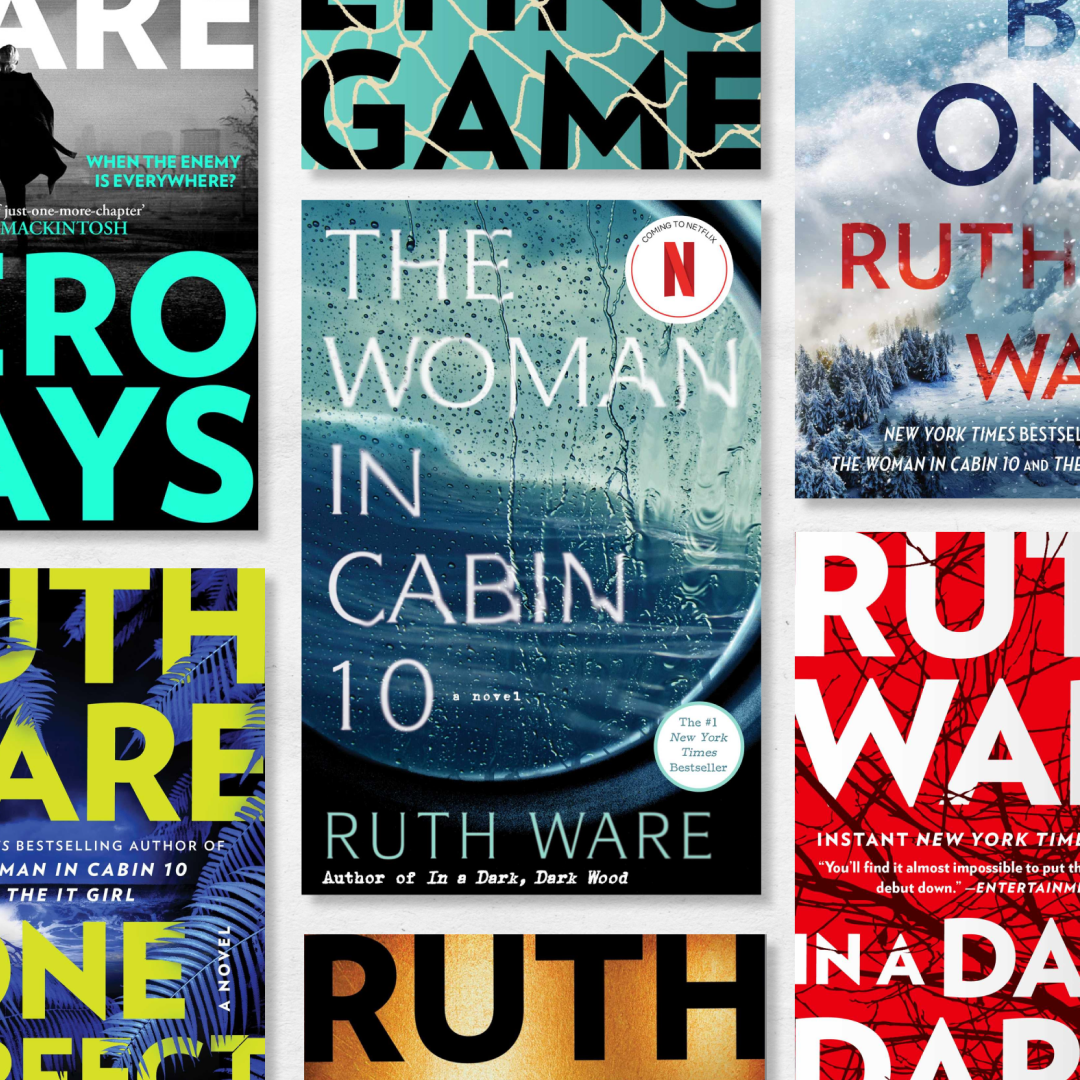 Every Ruth Ware Book, Ranked—From 'In a Dark, Dark Wood' to 'The Woman in Cabin 10'
Every Ruth Ware Book, Ranked—From 'In a Dark, Dark Wood' to 'The Woman in Cabin 10'Here's what you should read before her new thriller 'The Woman in Suite 11' hits shelves.
By Nicole Briese Published
-
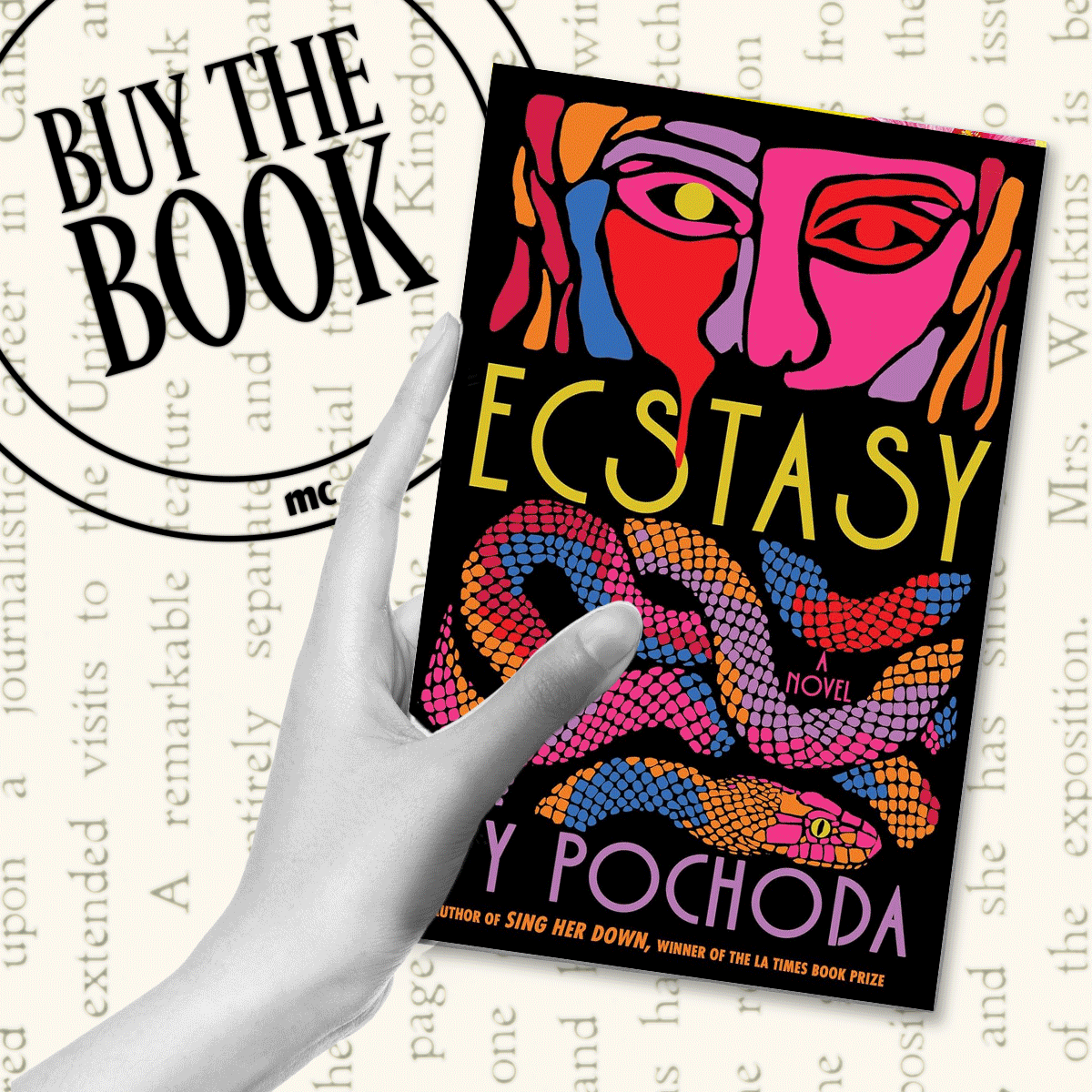 10 Books to Read for a Killer Vacation
10 Books to Read for a Killer VacationPack these novels about vacations gone very wrong on your next trip.
By Liz Doupnik Published
-
 The Melancholic Sound of Success
The Melancholic Sound of SuccessThe artist known as Japanese Breakfast opens up about finding her sound on a new album after experiencing whirlwind success.
By Sadie Bell Published
-
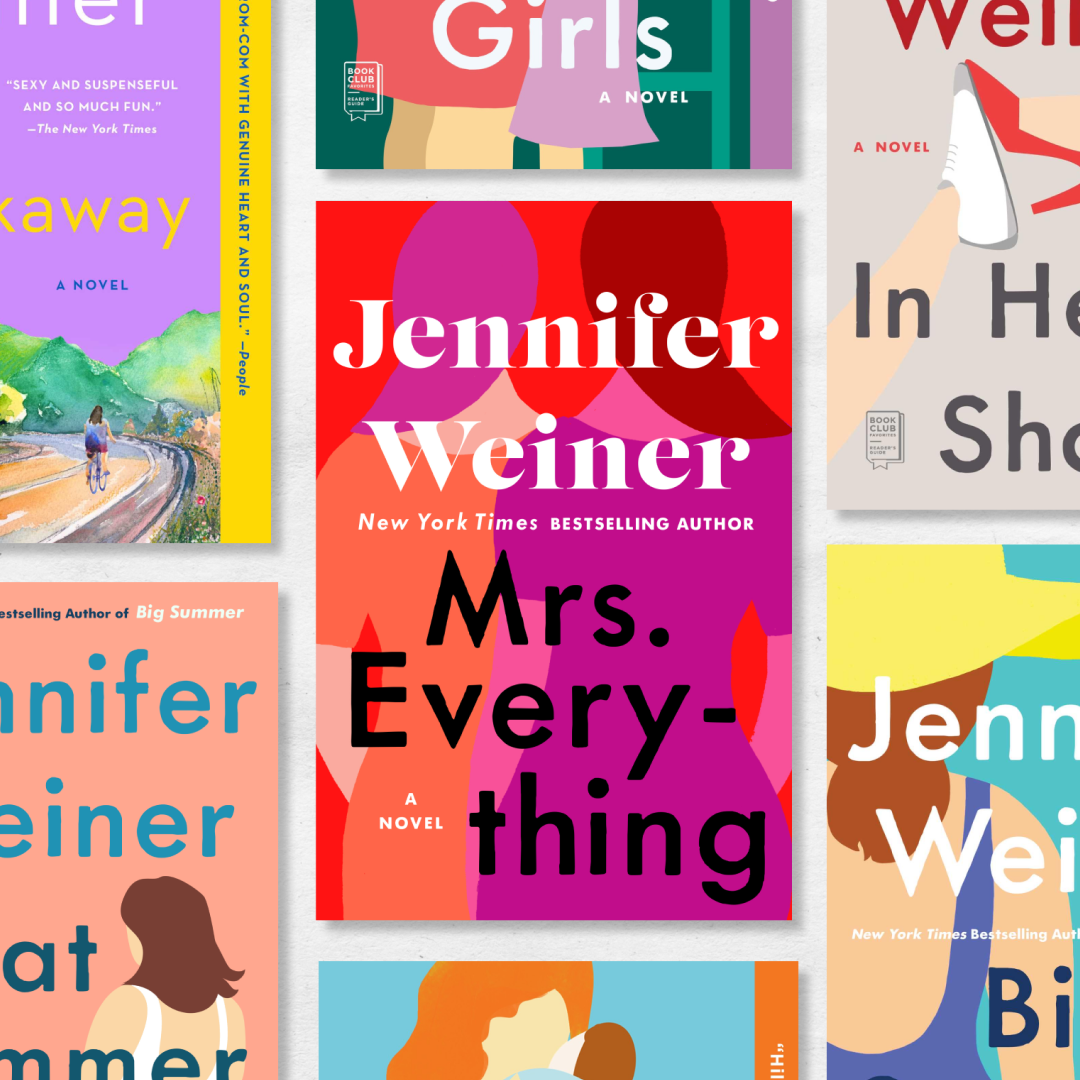 Every Jennifer Weiner Novel, Ranked—From 'Good in Bed' to 'In Her Shoes'
Every Jennifer Weiner Novel, Ranked—From 'Good in Bed' to 'In Her Shoes'All hail the queen of beach reads!
By Nicole Briese Last updated
-
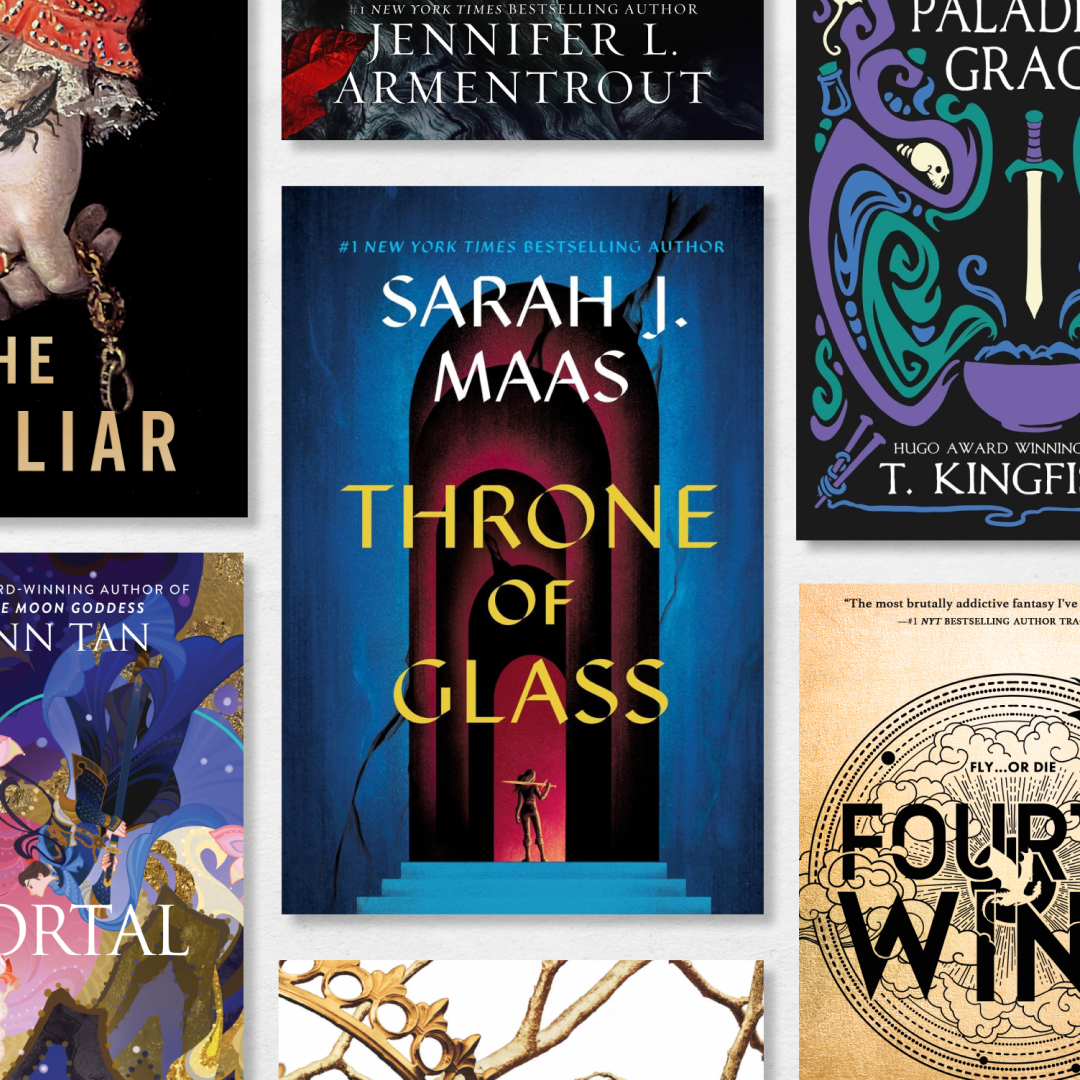 The 28 Best Romantasy Books to Read in 2025
The 28 Best Romantasy Books to Read in 2025Here's what to read when you've devoured the 'ACOTAR' and 'Empyrean' series.
By Andrea Park Published
-
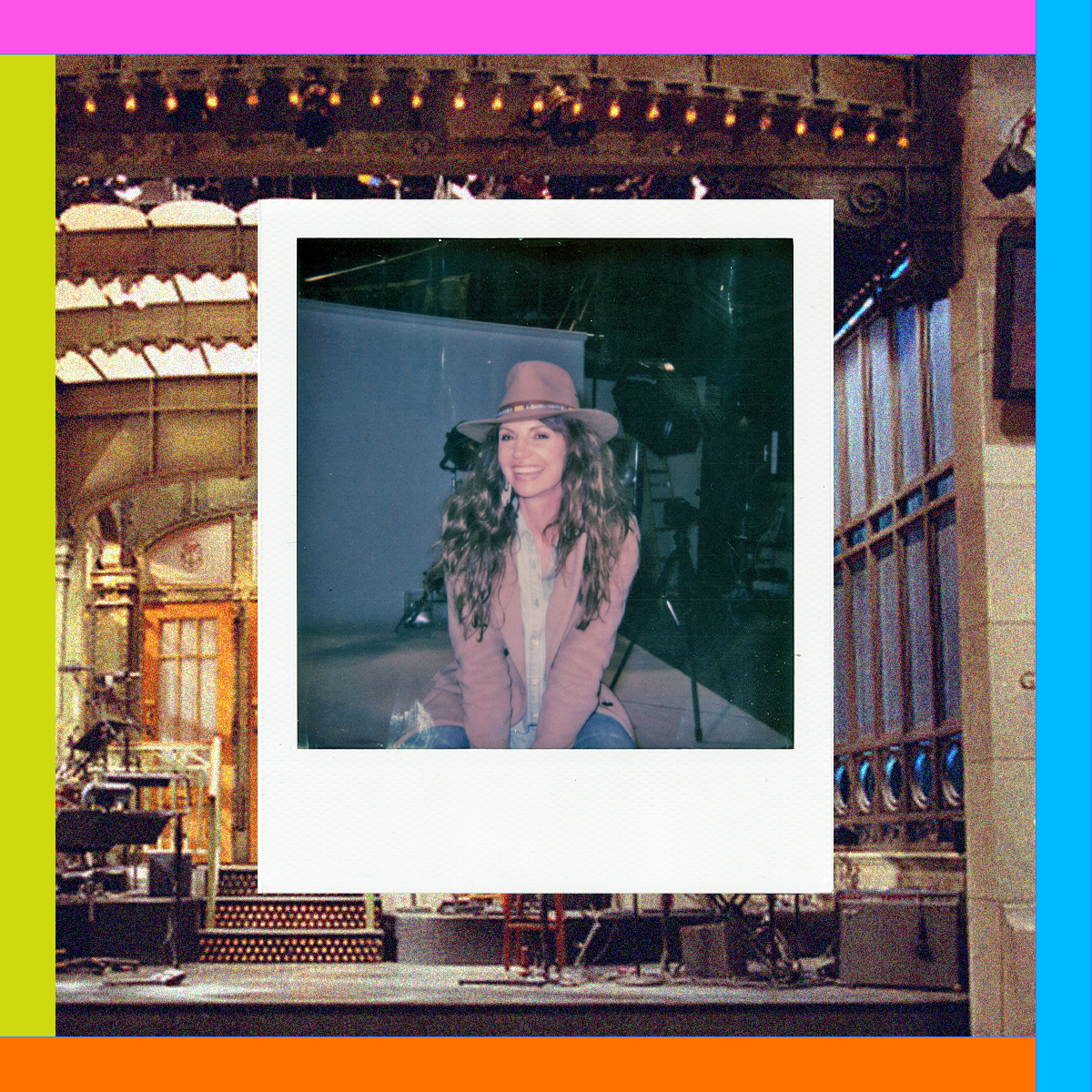 Mary Ellen Matthews Is the Woman Behind Every Portrait on 'Saturday Night Live' Since 1999
Mary Ellen Matthews Is the Woman Behind Every Portrait on 'Saturday Night Live' Since 1999The late-night show's resident photographer shares her favorite memories and insights from shooting all the talent who come through Studio 8H.
By Sadie Bell Published